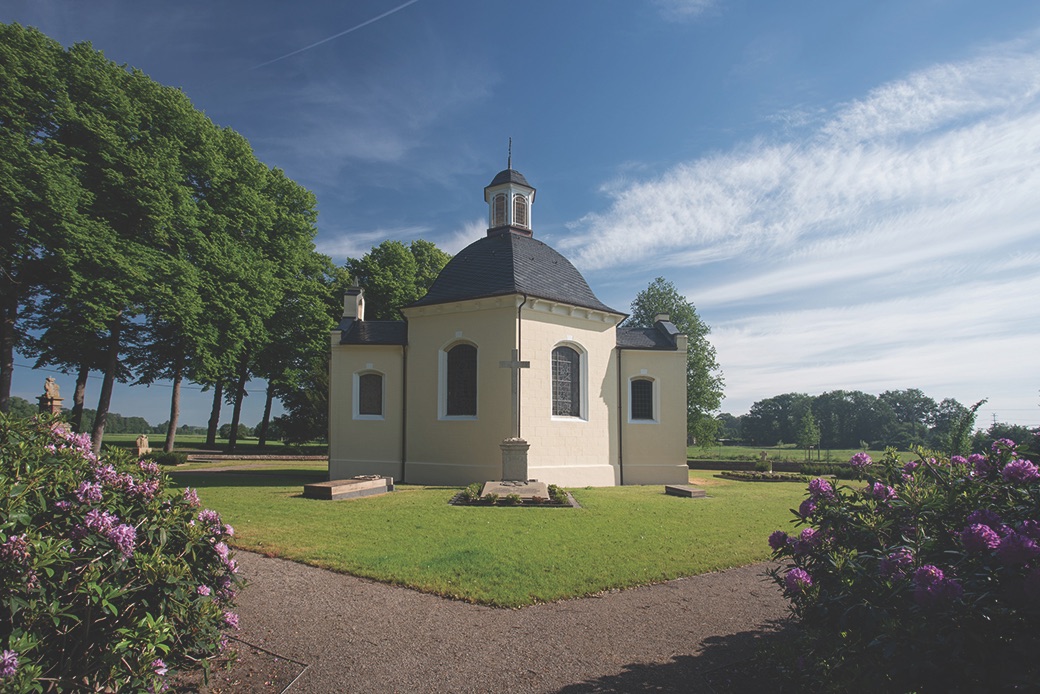Buried in a crypt reserved for royalty in the town of Isselburg, Germany, rests Felix Salm-Salm, a prince who had earned the praise of two Union major generals, Joseph Hooker and James B. Steedman, for his leadership during the Civil War. After the war, the colorful Union general continued to catch the attention of American newspapers, who in 1870 shared news of his death during the Franco-Prussian War. “There went down beneath the hail of the needle gun and chassepot on the field of Gravelotte an Austrian prince,” The Fremont (Ohio) Weekly Journal reported, “whose story is as romantic and adventurous as that of any knight in Arthur’s storied days.”
Born December 25, 1828, Salm-Salm was the youngest son of Wilhelm Florentin Salm-Salm, the 4th prince of Salm-Salm—a royal line dating back to the Holy Roman Empire, with descendants still residing in Anholt Castle. He fought in the First Schleswig-Holstein War, distinguishing himself at the Battle of Aarhus. In 1854 he became a junior officer in the 1st Uhlan Regiment in the Austro-Hungarian Army.
Salm-Salm had racked up extensive debts from his extravagant lifestyle and excessive gambling. To escape his creditors, he left for America when civil war broke out in 1861 and offered his military services to the Union Army. While serving on Brig. Gen. Louis Blenker’s staff, Salm-Salm met Agnes Leclerq Joy, a spirited girl 16 years his junior. The two married in New York City in August 1862. Through her influence, the prince, who could hardly speak a word of English, was named colonel of the 8th New York Infantry in October 1862 and colonel of the 68th New York in June 1864. What he desired most, however, was to see action, having failed to do so thus far. His chance came in December 1864 at the Battle of Nashville.

After joining the staff of Steedman, one of Maj. Gen. George Thomas’ subordinates, Salm-Salm fought at Nashville and took part in the pursuit of Lt. Gen. John Bell Hood’s Army of Tennessee as it retreated into Alabama. Salm-Salm’s wife was pleased with his change in demeanor when he returned. “[He] was beaming with happiness…,” Agnes recalled, “because he at last had had fighting to his heart’s content, and an opportunity of distinguishing himself.”
Steedman recommended Salm-Salm for a promotion and gave him command of a brigade. In February 1865, Hooker wrote to Washington praising the prince’s skill as an administrator and disciplinarian. Salm-Salm was brevetted brigadier general on April 13, 1865.
While serving after the war with Maximillian I in Mexico, Salm-Salm was captured and sentenced to death—granted clemency only after intervention by his wife and the U.S. government. He soon returned to Europe and was mortally wounded at the 1870 Battle of Gravelotte. Salm-Salm had asked Agnes, if he were killed in battle, to have him buried beside his father and mother at Anholt. She kept her word.





